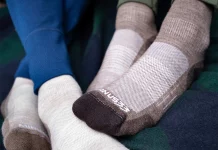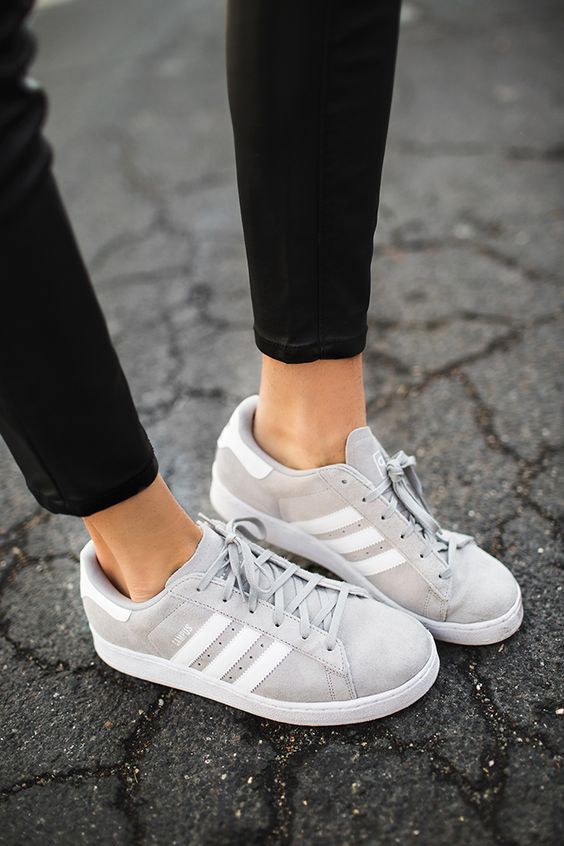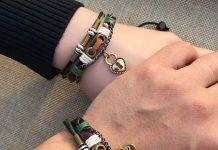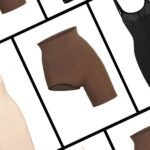Maybe you’ve chosen your surgeon and scheduled your rhinoplasty, or maybe you’re still just dreaming about your new nose. In either case, you’re probably wondering what the recovery process is like. How long will it take? Will it hurt? How soon before it’s okay to return to the gym?
You might be surprised to learn that recovering from a rhinoplasty is relatively easy. Most patients experience little or no pain, just some discomfort, and can be ready to return to work after a week. However, everyone’s different, and everyone’s body operates on its own recovery schedule. Luckily, there’s a lot you can do to hasten your own process and make the transition time to your new nose as smooth as possible.
Be Prepared!
As with any adventure, a little preparation goes a long way when you’re anticipating your rhinoplasty. Your doctor will probably advise you on what you need to do to get ready. Quitting smoking before surgery is important, since smoking slows the healing process by constricting blood vessels. Avoiding certain medications that thin the blood, such as ibuprofen, aspirin, and others, will help you avoid excessive bleeding. Other steps you can take before surgery include:
- Stock your fridge and freezer with ice packs, cool foods, and plenty of healthy beverages—water with lemon or cucumber is refreshing and will keep you hydrated.
- Buy a foam wedge or pillow to keep your head elevated while you sleep.
- Fill your pain medication prescription ahead of time, and be sure to have Tylenol on hand as well. You’ll probably only need the prescription medication for a day or two.
- Find some help. You won’t be able to drive yourself to and from surgery, and you’ll also need a friend or family member to stay with you for the first 24 hours.
- Subscribe to a new movie channel, stack up all those books you’ve been meaning to read, and discover some new binge-worthy podcasts. This may also be a great time to catch up on old hobbies, as long as they’re quiet and relaxing.
- Get plenty of exercise and eat well. The healthier you are going into surgery, the better your chances at an easy recovery. This is no time to crash diet, but be mindful about what you put into your body.
You Can Also Read : 8 Causes of Night Sweats
Your mental state can also make a difference. If you find yourself feeling excessively anxious during the run up to surgery, talk to your doctor or a counselor about your feelings. Learn some deep-breathing techniques or even some meditation. Keeping a calm, practical, and positive attitude is best.
Week One: Rest and Relaxation
Follow your doctor’s orders to the letter during the first week after your surgery. While you probably won’t have much pain, you may have some swelling, bruising, and congestion. Ice packs can keep the swelling down, but avoid blowing your nose during this week. Also avoid the following:
- Strenuous exercise
Gentle walking is good for your circulation and can help healing, but avoid running, swimming, and other activities that require vigorous movements. - The sun
The skin around your nose will be very sensitive at this time. Wear a hat or use sunscreen if you must be out in the sun. - Wearing eyeglasses, if at all possible.
- Salty food.
Salt can cause water retention and swelling. - Situations where you might get a surprise bang on the nose. Stay away from crowded subway cars, rowdy toddlers, and ill-mannered dogs.
So, what can you do this first week? Anything that will promote healing! Get as much sleep as possible—that’s when your body rebuilds itself. Eat plenty of lean proteins and drink lots of water. If you’re very congested or have packing in your nose, eating may be trickier than usual, since you’ll need to breathe through your mouth. Just take it slow and easy.
It’s important not to feel too impatient this week. You’ve probably been thinking about your new nose for a long time, but remember: it can take up to a year, or even more, before your nose settles into its final shape. There will be some lingering swelling for several months, though it will likely be invisible to anyone but you and your doctor. Try to enjoy the time off work or school and don’t worry about how you look right after surgery. This is a time to pamper yourself.
Week Two and Beyond
At the end of the first week, you’ll go back to the doctor to have your splint and stitches, if any, removed. It’ll be exciting to catch the first glimpse of your new nose, in spite of the swelling.
You may be ready to get back to your regular work or school routine after a week, but your doctor might advise you to recover for an additional week. Your bruises will have faded considerably by the end of the second week, and by the end of the first month you can head back to the gym—though it’s best to avoid contact sports for eight to ten weeks.
Here are some general tips for getting through your rhinoplasty and enjoying your new look:
Go to all your follow-up appointments, even if things feel “fine.” Your doctor will notice things you may overlook.
Call the office if you encounter any problem at all, especially if experience new pain or bleeding, have swelling that doesn’t resolve, or if you injure your nose. Don’t try to rush the recovery process. Once it’s all over, you’ll realize it took very little time. Be proud that you took charge of your life and made a positive difference. Accept all the compliments—and enjoy them!
Choosing a skilled and experienced surgeon can make all the difference when it comes to your rhinoplasty recovery. Dr. Andrew Frankel, MD, FACS is certified by the American Board of Facial Plastic and Reconstructive Surgery and the American Board of Otolaryngology-Head and Neck Surgery, and he has written numerous articles and book chapters on plastic surgery.
You Can Also Read : Foods High in Hyaluronic Acid































